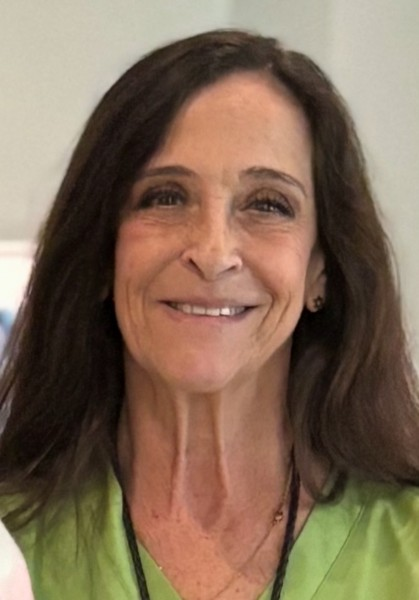Machines in Medicine – AI in Healthcare

The integration of artificial intelligence (AI) into healthcare represents a fundamental shift in medical practice, moving the field from intuition-driven decisions to data-optimized precision. This transformation is not about replacing clinicians but augmenting their capabilities with powerful tools for diagnosis,…









